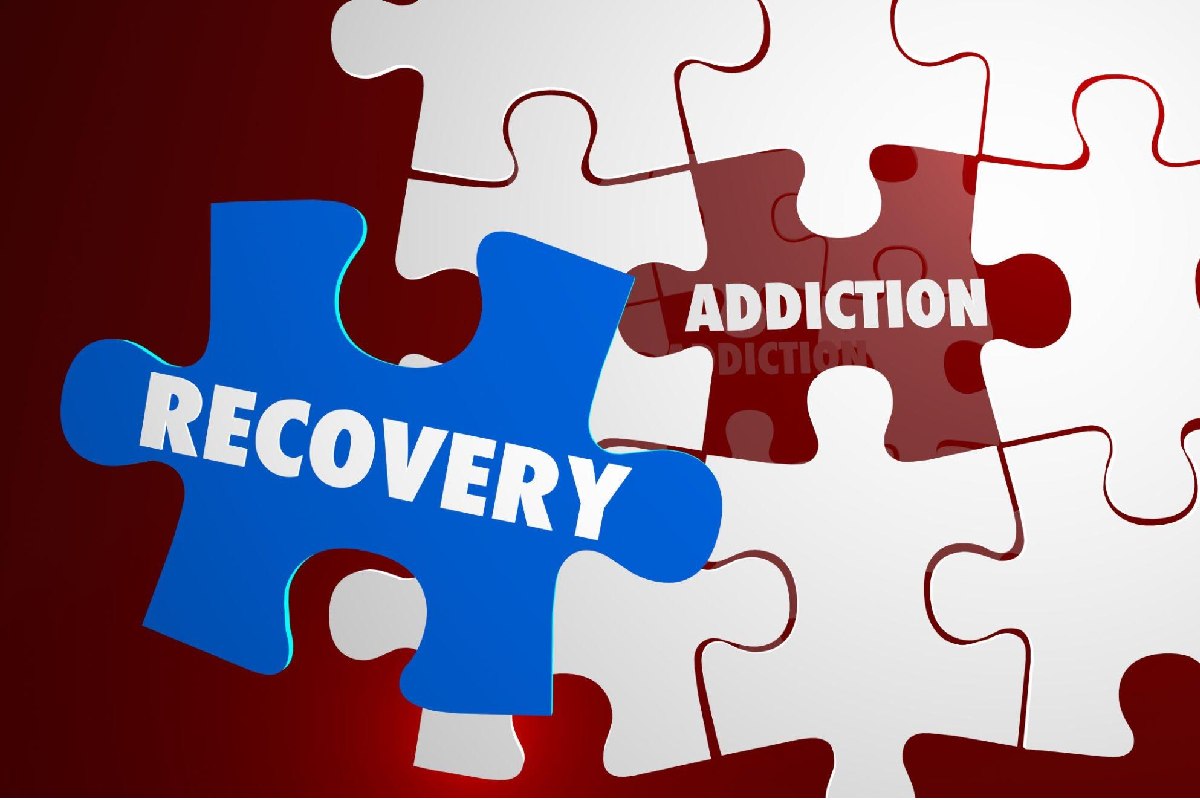Addiction Recovery – Exercise is an important part of a healthy lifestyle, both physically and mentally. But did you know that physical fitness and exercise can benefit addiction recovery, too?
Whether you’re battling an addiction to drugs, alcohol, or any other substances, incorporating physical activity into your recovery journey can be a game-changer. Let’s dive in and discover the powerful benefits of fitness if you’re on your recovery journey!
Table of Contents
Physical Health Improvements
Fitness and exercise bring a plethora of physical health benefits to individuals in addiction recovery. First and foremost, regular exercise helps boost your immune system, making you less susceptible to illness and disease. It also helps to strengthen your cardiovascular system, lowering the risk of heart disease and other health complications.
Additionally, exercise is a great way to maintain a healthy weight, which is crucial in recovery. It aids in burning calories, shedding unwanted pounds, and increasing metabolism. These benefits contribute to boosting self-esteem and enhancing body image, two important factors in sustaining a sober lifestyle.
When you feel better physically, you’re less likely to seek out drugs and alcohol. Fitness can also help reduce chronic pain, eliminating the need for addictive opioid drugs. And, if you’re still detoxing, exercise can help get alcohol out of your system faster, too!
Mental Health Improvements
Apart from physical health benefits, fitness, and exercise play a pivotal role in improving mental well-being during addiction recovery. Engaging in physical activity releases endorphins, which are natural chemicals that act as mood enhancers. This “feel-good” effect helps reduce stress, anxiety, and depression, common emotional struggles experienced by those in recovery.
Moreover, regular exercise improves sleep quality, a critical factor in maintaining sobriety. A good night’s sleep can help regulate mood, improve concentration, and reduce cravings. By incorporating fitness into your daily routine, you’ll find yourself enjoying a sense of accomplishment and experiencing a boost in self-confidence.
Strengthening Social Connections
One of the most remarkable benefits of fitness and exercise in addiction recovery is the opportunity it provides for building social connections. Joining a gym, participating in group fitness classes, or engaging in team sports creates an environment for interacting with like-minded individuals who share similar goals and challenges.
To explain, social interactions can help combat feelings of isolation and loneliness often experienced during the recovery process. The support, encouragement, and friendships formed through fitness activities contribute to a strong and reliable support network, which is essential for long-term recovery success. Not only that but exercising as a group can help you stay busy and accountable for your recovery. After all, your fitness buddies are going to wonder what happened if you miss a workout, and they will check in on you to make sure you’re still doing okay!
Get Active Today
Incorporating fitness and exercise into addiction recovery can have a profound impact on one’s journey to sobriety. The benefits, both physical and mental, are undeniable. By committing to regular physical activity, individuals can improve their physical health, enhance their mental well-being, and establish meaningful social connections.
It’s important to remember that every person’s recovery journey is unique, and it’s crucial to consult with healthcare professionals or addiction specialists to determine the most suitable exercise program. So, lace up your sneakers, stretch your calves, hit the gym, and experience the transformative benefits of fitness on your path to recovery!

